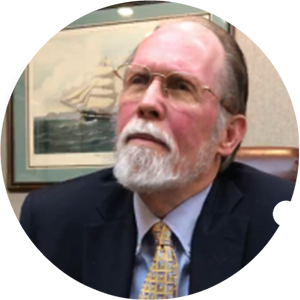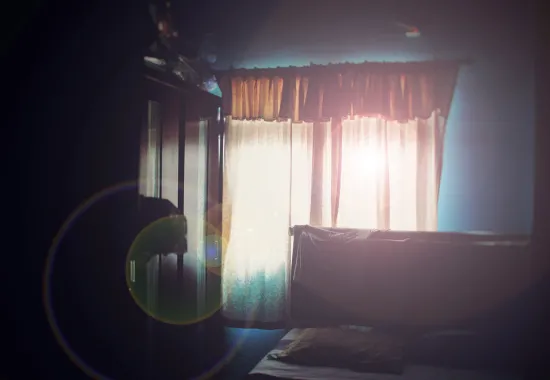The Making of "Inseparable"
Ten years ago, during the sweltering summer of ’08, my grown daughter came down for her vacation and wanted only one thing–to visit Orlando and the amusement parks there. In a moment of thoughtless weakness, I agreed and shortly found myself standing in an interminable line in the baking sun in order to ride in a tea cup or see something the mind could only with difficulty forget. Children screamed, harried parents behind uncontrolled strollers smashed into hapless, innocent ankles, the food was outrageously expensive, and still the sun beat down into the sweating crowd. "Take me now, Lord," I remember saying, but, of course no taking occurred. The apocalypse failed to come, aliens failed to invade, bombs didn’t fall; you can’t count on anything these days. Things just staggered on.
Ten quieter years have passed, and recently, I woke up again in the depths of the night screaming. My wife pressed wet cloths to my forehead and held my shaking body close. “You’re just having that nightmare,” she said. “It’s okay, it’s okay. You’re here, not there. We have air-conditioning. It’s okay.”
Something had to be done, I told myself. Purging must take place, healing must begin. So, naturally I started writing about it. The first step was to consider the problem philosophically. What was the inherent deep nature of amusement parks such as the one my daughter and I had visited? Why, of course, for any reasonable person it was suffering. And where is suffering the greatest? Why, of course, in the family, so the outline of the project became clear. Some poor family, in order to free me from my turmoil, had to go to Orlando. Already, I felt deeply for these folks, and I hadn’t even created them yet.
Of course, the protagonist of the piece should be the father, the character to whom I would have the strongest bonds. We would be compatriots, partners in the pilgrimage of misery. His pain would be my pain. I fully intended this to be the case, but it is passing strange how stories develop. I only break the solid narrative form in a short story when pressed to it, thinking that a single continuous point of view over that short a number of pages provides the greatest impact. Why then did I not only adopt multiple points of view, more than in any other story I’ve written, but I found myself treating all of the main characters as equally flawed and equally heroic? I often pretend I understand what actually goes on in the writing process-I mean, I have an image to uphold-but that’s largely a bluff, and when the flow is flowing, I go with it, whether I understand it or not.
There was a handicapped child in my distant family, and I had interacted with her during what must have been my impressionable childhood. She suddenly appeared in the story, simply there. With her advent, the story changed and became less about the horror of amusement parks and more about the life in a family. In front of my amazed eyes, a different story than I had imagined started telling itself. On the plus side, however, the father, my original character, has this near transcendent moment with his daughter,a moment lifting the entire experience into something worthwhile and valuable. I hurry to add that such a moment never occurred in my real life on that real trip. Such apparently is not my actual fate. The ending, almost inevitably, returns to the mother who sums up the trip in a manner bizarre and incomprehensible to me, having actually lived a similar experience, but one which seems also perfect, in its own twisted way.
A little polish, a little proofreading, twitching a bit with the descriptive details here and there, and it was a done deal, not what I had intended, but such is often the case. I suppose it’s an encouraging sign that since its creation I haven’t had the nightmare again. Of course, the nights are long and the future obscure. One hopes.
Recommended
I Have Only Dreamed You Dead, For Now.
Encounter
Schizophrenic Sedona






